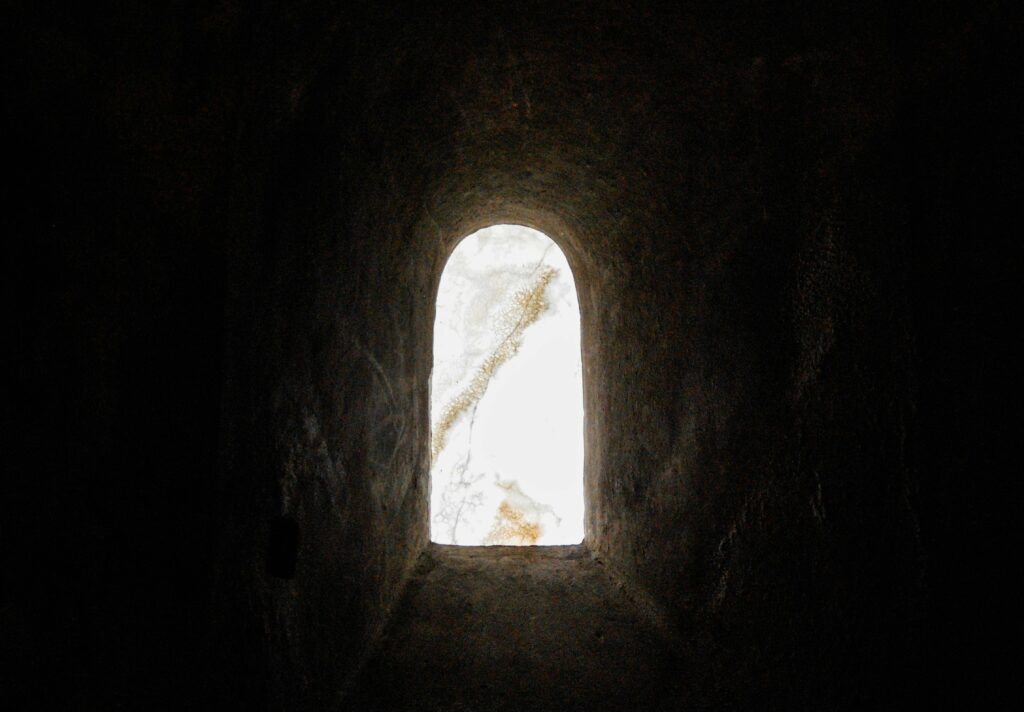The eighth commandment
Educate in faith. The truth that liberates

Nacho Calderón Castro gives Exaudi readers this series of articles dedicated to the 10 commandments in the Educate in Faith series.
***
The eighth commandment, in Exodus, 20, 16, is “You shall not bear false testimony against your neighbor,” from which it has been extended to the generic prohibition of lying.
It is logical to give false testimony against our neighbor harming him, but when we lie we do so, supposedly, “for our benefit” although in reality, it harms ourselves.
It may seem like an excessive commandment. Likewise, it will be in the decalogue, but most people tend to consider that “lying”, if it is a sin, is minor, and venial to use the correct term. Does it make sense for “thou shalt not kill” and “thou shalt not lie” to be on the same level?
Lying is one of the actions that most enslaves human beings. Am I exaggerating? Take the test. Make up a lie today, absurd, silly, unimportant, and try to maintain it for the next 24 hours. You will see how difficult it is for you and how you must create new lies to maintain the first one. That’s why it makes complete sense that lying is a serious sin. By doing so we attack others, but also ourselves and certainly against our freedom.
There are those who think that lying cannot be a sin, since it is a behavior that, to a greater or lesser extent, we have all done. The most frequent lie is probably saying “I never lie.” Have you never said “I’ll call you back”, knowing that you have no intention of doing so, or “you look great” (even if it’s just looking in the mirror), or “I don’t have anything loose” when they ask you for money at a traffic light? ?
Lying, even in minor things, we all lie. Fortunately, it is not an excuse nor does it eliminate the precept.
If the frequency of a crime were a valid reason to stop considering it as such, we would all have to agree to stop paying taxes for a year and then they should disappear, right? Or we would have to stop considering corruption among politicians as a problem.
Lying is the sin concomitant to the rest. Most of us would publicly deny, outside the confessional, that we had committed this or that sin – having stolen, having desired you physically, having been unfaithful to our spouse, having killed or harming our parents.
Commit any other sin and you will see how easy it is for you to also commit a lie. Furthermore, sometimes in order to commit another sin it is necessary to first resort to lying. How can you steal from an unsuspecting person if you don’t lie to them first? How can you have a sexual relationship with someone, without the slightest interest in who they are, without telling them that you are attracted to them? In these cases, the damage from the other sins is so great that the lie from which they started is diluted, as if it were unimportant.
Lying involves hiding who you are. Hiding it from others and often pretending to hide it from yourself. People who are “pathological liars” show many problems with self-acceptance and self-esteem.
It is true that there are ideologies that consider that lying is not only nothing bad, but that they consider themselves legal in their proselytizing, they are enslaving ideologies. We must remember that the prince of the world is also the prince of lies. Opening the door to lies is giving it power over us, perhaps that is why lying is one of the sins that is most difficult to fight.
When we lie and are caught, we usually do it again – this is how this enslaving ritual is created: we say that it was “a white lie”, or we justify it, as if there were sufficient reasons to excuse our behavior, or we simply maintain the lie despite everything.
One of the most frequent concerns I hear in consultation is that of parents of lying children. Children who are able to maintain their lie despite having all the evidence against them, or children who establish their relationship with others based on fantasies.
Why are parents so worried about their children lying? It’s simple, they know that based on this behavior, stable, enriching relationships cannot be established, neither with others nor with yourself. They know that if their son lies, he will do a lot of harm to himself, and most likely to people close to him. He will be someone who is easily rejected by others and by himself.
Seen from the father’s point of view, it is perfectly understandable that God would want to include the prohibition of lying in the Decalogue. He knows perfectly well the damage we do to ourselves by doing so and how it prevents us from leading a full life.
Not in vain did Jesus say it absolutely explicitly, “you will know the truth, and the truth will set you free” (Jn, 8, 32), therefore, since lying enslaves, lying seriously attacks our nature as children of God, since freedom is one of its main characteristics.
Related
 (EN)
(EN)
 (ES)
(ES)
 (IT)
(IT)





